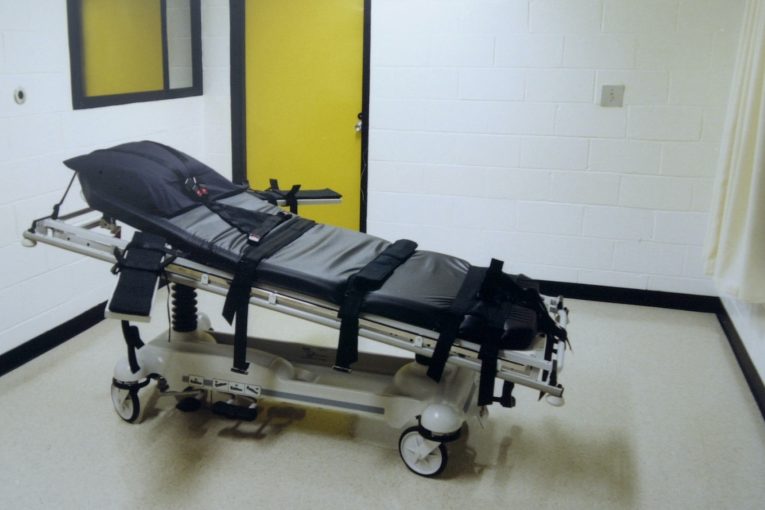
 By Tommy Nguyen
By Tommy Nguyen
PHOENIX, AZ – The Arizona Department of Correction, Rehabilitation and Reentry’s (ADCRR) denial to provide death watch inmate Clarence Wayne Dixon with legally mandated accommodation for his disability has led his attorneys to file a lawsuit compelling ADCRR to respect Dixon’s federal statutory and Constitutional rights.
Dixon was convicted and sentenced to death in 2008 for the raping, strangulation and murder of the 21-year-old Arizona State University student Deana Bowdoin in her apartment in 1978.
After Dixon’s May 11 execution date was set, ADCRR transferred him from his normal cell to a new one where he is living under restricted conditions and continuous surveillance, a period known as “Death Watch,” which is 35 days prior to the execution date.
According to the Emergency Motion for Temporary Restraining Order, Dixon is legally blind, and ADCRR-designated as having Americans with Disabilities Act (ADA) Special Needs.
For more than five years, ADCRR has constantly been providing him a “blind aide”—an individual whose role is to accommodate Dixon’s blindness by ensuring that he is able to engage in daily activities and legal procedures regarding his case. They also agreed to continue providing him with this accommodation during his Death Watch period.
However, since Dixon’s transfer, ADCRR has denied his access to the longstanding blind aide, therefore ignoring his urgent possible needs and preventing him from engaging in any activities in the same manner as a sighted person.
Also according to the suit, Dixon has “an extensive history of severe mental illness, including findings of incompetency and legal insanity,” as proven by the well-documented records of psychosis that date back to his college years.
By citing the experience of Robert Towery, an Arizona person who was executed in 2012, the attorneys argue Death Watch’s dehumanizing conditions violate Dixon’s Eighth Amendment right because they will exacerbate his psychotic symptoms and place him at risk of further mental deterioration.
“We are asking the courts to step in to ensure Mr. Dixon has access to the legally required accommodation that allows him to engage in activities in the same manner as sighted prisoners,” said Alison Rose, one of Dixon’s attorneys.
Also noted on the suit, ADCRR has failed to fulfill its legal duty despite having plenty of time to prepare for Dixon’s transfer, and instead improperly shifted its own responsibility for providing this accommodation onto him and his counsel.
Despite the knowledge of Dixon’s history of severe mental illness and his disability, ADCRR is continuing to subject him to Death Watch’s inhumane conditions, which is a serious violation of his “federal statutory and Constitutional rights,” according the court pleading.
With the filed motion, the attorneys urged the Court to grant Dixon a Temporary Restraining Order and/or preliminary injunction to ensure his rights as he awaits his May 11 execution date.
